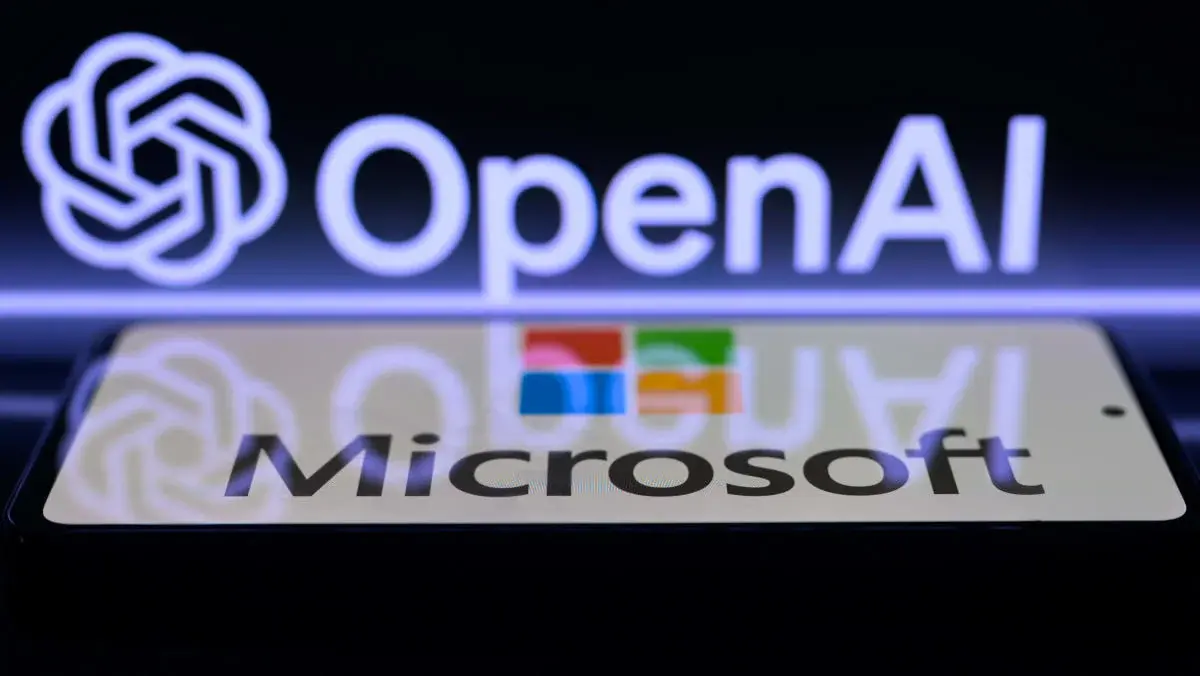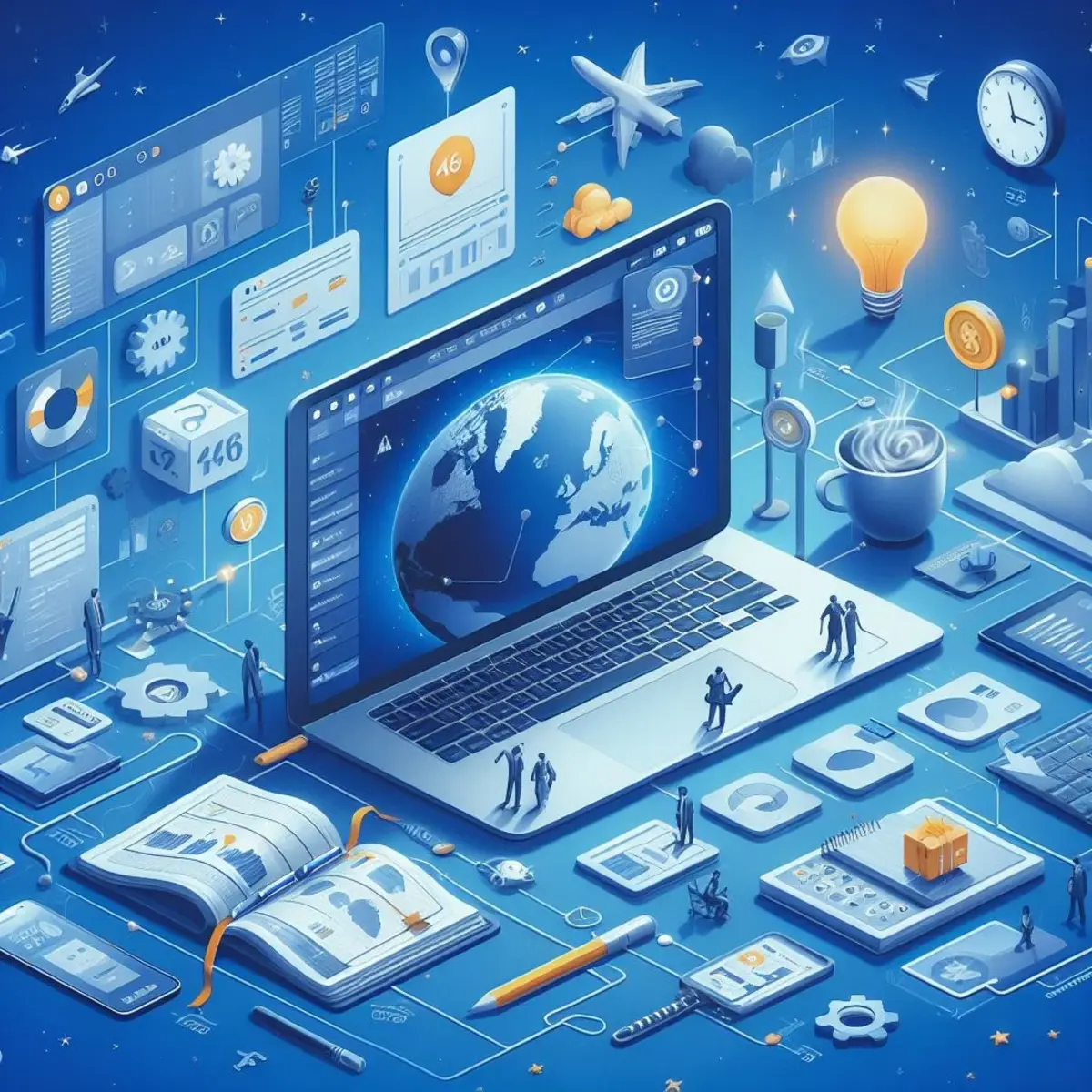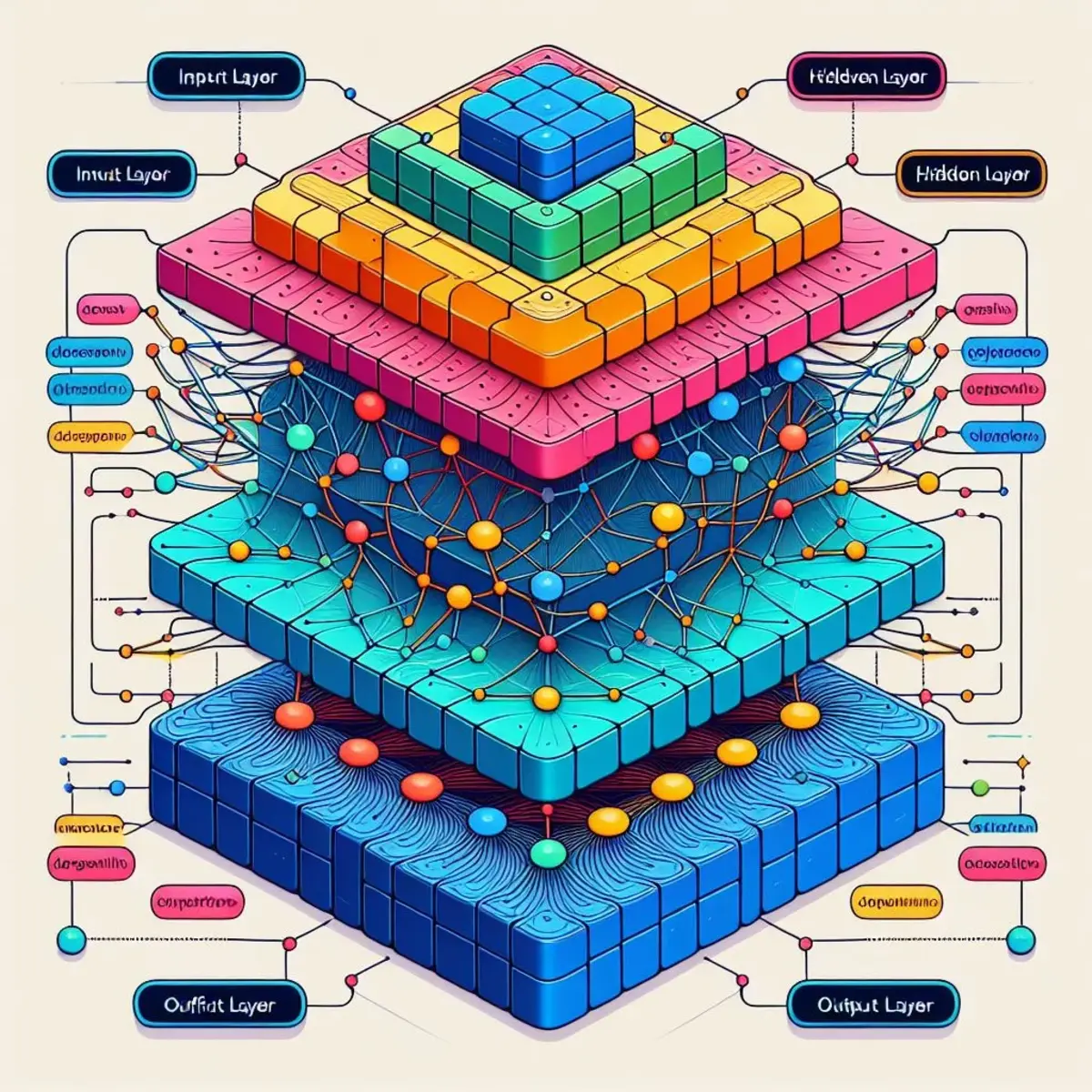The Quantum Computing Revolution is shaking the very foundations of computing. Forget clunky circuits and sluggish processors – we’re entering a realm where particles can be both heads and tails, and computers explore a million possibilities at once. This isn’t a futuristic pipe dream; it’s happening right now, in labs around the world. So, get ready to dive into the bizarre world of quantum mechanics and witness the dawn of a new era, where the impossible becomes commonplace and the future is rewritten before our very eyes.
For decades, quantum computing seemed like science fiction, a realm of qubits and superpositions too bizarre for earthly applications. But 2024 is witnessing a shift. The once theoretical murmurs are morphing into tangible progress, pushing the Quantum Computing Revolution from the lab bench to the real world.
Table of Contents
Quibit Crunch Time: Unleashing the Power of Quantum Computing Revolution This Year
Gone are the days of dismissing quantum computers as futuristic paperweights. Today, tech giants like IBM, Google, and Microsoft are racing to build scalable and powerful machines, while startups are innovating new software and algorithms to unleash the potential of this bizarre technology. But what exactly is this revolution, and how is it poised to disrupt everything from drug discovery to financial modeling?

Under the Hood of the Quantum Machine:
Unlike your trusty laptop, a quantum computer doesn’t rely on bits, the 0s and 1s that underpin traditional computing. Instead, it harnesses the mind-bending world of quantum mechanics, where particles can exist in multiple states simultaneously and interact in mysterious ways called entanglement. This leads to two superpowers:
Superposition:
Imagine a coin that’s neither heads nor tails, but both at the same time. That’s a qubit, the basic unit of a quantum computer. By exploiting superposition, quantum computers can explore a vast search space of possibilities simultaneously, giving them a massive speed advantage over conventional computers for certain tasks.
Entanglement:
Ever wish you could whisper a secret to someone across the room without anyone else hearing? Entanglement does something even more magical. It ties the fates of two qubits together, so that they instantly share information, regardless of distance. This lets quantum computers tackle challenges that require a vast network of interconnected bits, like complex simulations.

From Lab Rats to Game Changers:
So, what problems are these superpowered machines tackling? The Quantum Computing Revolution is still in its early stages, but here are a few areas where it’s making waves:
Drug Discovery:
Simulating molecules on classical computers is a monumental task. Quantum computers, however, could accelerate the process of designing new drugs, potentially shortening the timeline for bringing life-saving medicines to market.
Materials Science:
Imagine designing materials with properties tailor-made for specific applications, from ultra-light aircraft to solar cells that convert sunlight with near perfect efficiency. Quantum computers could pave the way for such innovations by simulating the behavior of atoms and molecules at a granular level.
Financial Modeling:
Unpredictable markets are like a chaotic game of chance. Quantum computers could help analyze vast amounts of financial data and identify hidden patterns, leading to better predictions and smarter investment decisions.
Cryptography:
The bedrock of internet security, traditional encryption methods are facing an existential threat from quantum computers. But the same technology can also be used to develop unbreakable quantum-resistant encryption, keeping our online lives safe in the future.
Challenges and Roadblocks:
While the potential of the Quantum Computing Revolution is undeniable, it’s not without its hurdles. Building and maintaining large-scale quantum computers is a complex engineering feat, requiring extreme temperatures and ultra-precise control.
Quantum algorithms are still in their infancy, and figuring out how to harness the full power of these machines is a ongoing challenge. Additionally, integrating quantum computers into existing infrastructure and workflows presents a significant hurdle.
The Quantum Future Awaits:
Despite these challenges, the momentum is undeniable. The year 2024 marks a turning point in the Quantum Computing Revolution. Early adopters are starting to explore practical applications, and governments are pouring resources into research and development. While the dream of universal quantum computers powering every computer may still be decades away, the future is no longer an abstract possibility. It’s being built, qubit by qubit, in labs around the world.
So, buckle up. The Quantum Computing Revolution is here, and it’s about to change the world as we know it. From optimizing traffic flow in smart cities to designing personalized medicine, the possibilities are as vast as the quantum realm itself. Get ready to witness the dawn of a new era, where the impossible becomes inevitable and the boundaries of computing are shattered forever.

FAQs: The Quantum Computing Revolution
Q: What is quantum computing?
A: It’s a new type of computing based on the weird rules of quantum mechanics. Think superpowered computers that can explore many possibilities at once, like a coin that’s both heads and tails!
Q: What can quantum computers do?
A: They could accelerate drug discovery, design revolutionary materials, crack complex financial problems, and even create unbreakable encryption.
Q: Are quantum computers replacing regular computers?
A: No! They’re specialized tools for specific tasks, like super-powered calculators for solving certain problems that would take normal computers forever.
Q: When will quantum computers be available to everyone?
A: It’s still early days, but we’re seeing rapid progress. Expect practical applications within the next decade, with widespread use further down the line.

Quotes:
Quantum computing is going to change the world, much like the invention of the transistor did 50 years ago.
Peter Shor, computer scientist
The potential of quantum computing is vast, beyond our wildest imaginations.
Michio Kaku, theoretical physicist
It’s not a question of whether quantum computers will happen, but when.
Sundar Pichai, CEO of Google
Conclusion:
The Quantum Computing Revolution is no longer science fiction. It’s a tangible force reshaping our world, qubit by qubit. From faster drug discovery to unbreakable encryption, the possibilities are mind-boggling. While challenges remain, the momentum is unstoppable. This isn’t just a technological leap; it’s a paradigm shift, ushering in a new era where the boundaries of computing are shattered forever. Buckle up, humanity, the future is about to get weird and wonderful.
Generative AI – The Powerful Rise of the Creators: Unveiling the Wonders – 8 Points









